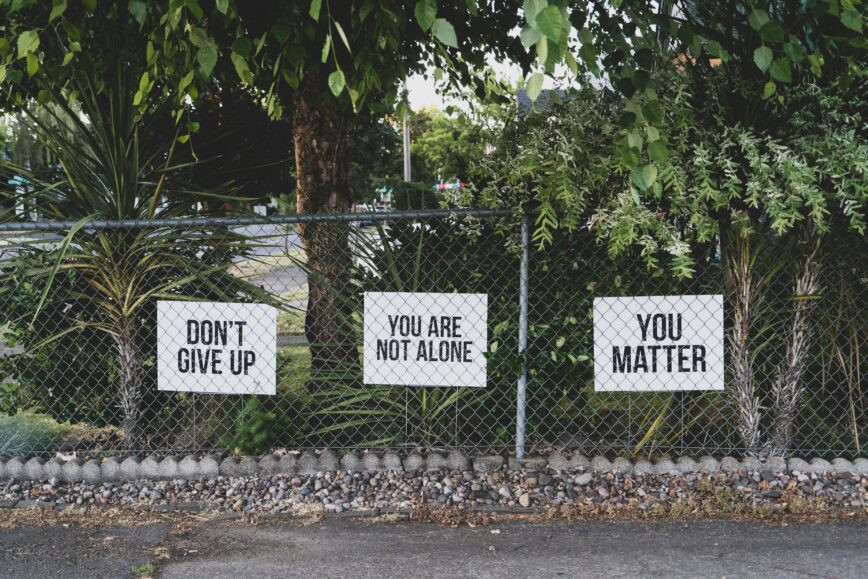
Intrusive thoughts? Questions about if you have or might or could or would hurt your baby or someone else? Maybe you just feel really exceptionally worried. Worried about the temperature in the nursery and the safety of the car seat and if the bottle is contaminated and if your mom will hold the baby right and if your partner is awake enough to properly care for the baby and if your baby is crying too much or if your baby is crying not enough or, or, or, or. Even reading that was chaotic and overwhelming, right? It’s a lot. It’s too much.
Below you will find some basics on postpartum OCD. Regardless of what the title is of what is happening for you, you are worth the time and energy it takes to get help. Reach out. You can feel better.
What is Postpartum OCD?
Postpartum Obsessive-Compulsive Disorder (OCD) is a form of anxiety that can occur in new mothers after childbirth. It involves intrusive thoughts and compulsive behaviors that can be distressing and interfere with daily life. Unlike typical postpartum anxiety, the symptoms of postpartum OCD are characterized by obsessive thoughts about harming the baby or fears related to caregiving, often leading to compulsive actions aimed at preventing perceived dangers.
Recognizing the Signs
Common Symptoms
- Intrusive Thoughts: Recurrent, unwanted thoughts about harming your baby or fears of terrible outcomes.
- Compulsive Behaviors: Repeatedly checking on the baby, performing specific rituals, or avoiding certain activities to reduce anxiety.
- Anxiety and Distress: Significant worry that can lead to avoidance of situations involving the baby.
- Perfectionism: An overwhelming need to ensure everything is done “just right” in caring for the baby.
When to Seek Help
If you are experiencing these symptoms, it’s essential to seek professional help. Postpartum OCD is treatable, and early intervention can lead to better outcomes for both mother and child.
Importance of Treatment
1. Impact on Well-Being
Untreated postpartum OCD can lead to increased stress, isolation, and difficulty bonding with your baby. Mothers may become consumed by their obsessive thoughts and compulsive behaviors, impacting their mental health and quality of life.
2. Effects on Family Dynamics
Postpartum OCD can strain relationships with partners and family members. Open communication and seeking treatment can help improve family dynamics and provide a support system.
3. Healthy Attachment
Treatment helps mothers overcome their fears and develop a healthy, nurturing relationship with their child, promoting emotional well-being for both.
Reach Out
Postpartum OCD is a serious condition that can significantly impact a mother’s life and her relationship with her child. However, it is important to remember that help is available, and recovery is possible. If you or someone you know is experiencing symptoms of postpartum OCD, don’t hesitate to reach out for support. Prioritizing mental health is crucial for both mothers and their families, fostering a nurturing environment for healthy development and well-being. Jade Therapy Kansas City is here and ready to support you. Reach out to schedule an appointment today.